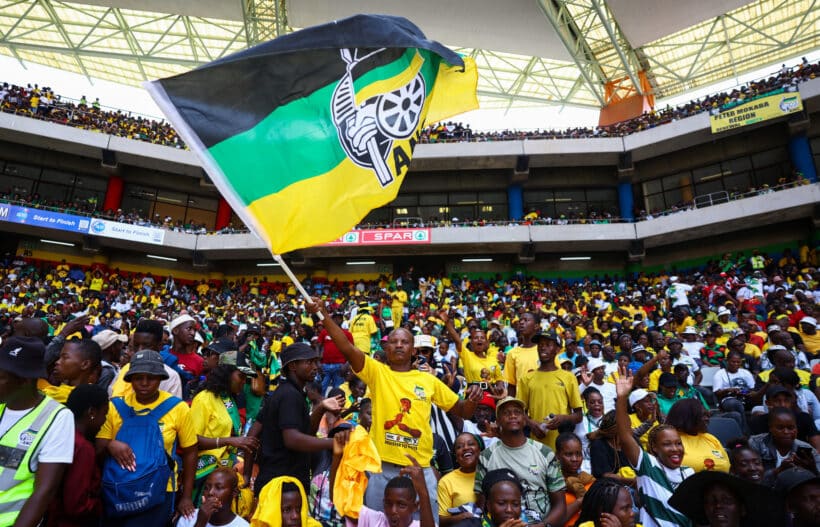
JOHANNESBURG, March 11 (Reuters) – South Africa’s African National Congress (ANC) is likely to lose its parliamentary majority in May for the first time since Nelson Mandela led it to power at the fall of apartheid 30 years ago, a survey showed, opening up the prospect of coalition rule.
South Africans go to polls on May 29 to elect a new National Assembly, which will then choose the next president.
A survey of voter opinion in February by Johannesburg-based think tank The Brenthurst Foundation and the SABI Strategy Group estimated support for the ANC at 39%, down from 41% in October and 44% in November 2022.
The survey was modelled on the 66% turnout of the last general election in 2019, when the ANC got more than 57% of the vote.
A result below 50% in May would mean the former liberation movement would be forced to enter into a coalition with smaller parties to govern the country, a far cry from its best-ever result in 2004 under Thabo Mbeki when it secured almost 70% of the vote.
The ANC’s image has been tarnished in the past decade by economic stagnation, rising unemployment and repeated corruption scandals involving its top officials.
Its current leader, President Cyril Ramaphosa, has tried to clean up the party’s reputation and revive the economy since replacing Jacob Zuma in 2018, but has struggled to make much headway.
Rolling power cuts that have become part of daily life are symptomatic of the ANC’s lacklustre track record on service delivery.
Ramaphosa said last month that the ANC would work to resolve the country’s challenges should it win decisively at the polls.
Over three-quarters of the Brenthurst/SABI survey’s respondents said they would be happy with a coalition government.
The survey showed support for the biggest opposition party the Democratic Alliance at 27%, up from 23% in October’s survey, while support for the far-left Economic Freedom Fighters party fell to 10% from 17% in October.
Support for the newly-formed uMkhonto weSizwe party, which has been endorsed by Zuma, was seen at 13%.
The telephone survey was nationally representative, targeted only registered voters and had a 3% margin of error at the 95% confidence level.
The Brenthurst Foundation was set up by the Oppenheimers, heirs to the De Beers diamond fortune.
(Reporting by Olivia Kumwenda-Mtambo; Editing by Alexander Winning, William Maclean)